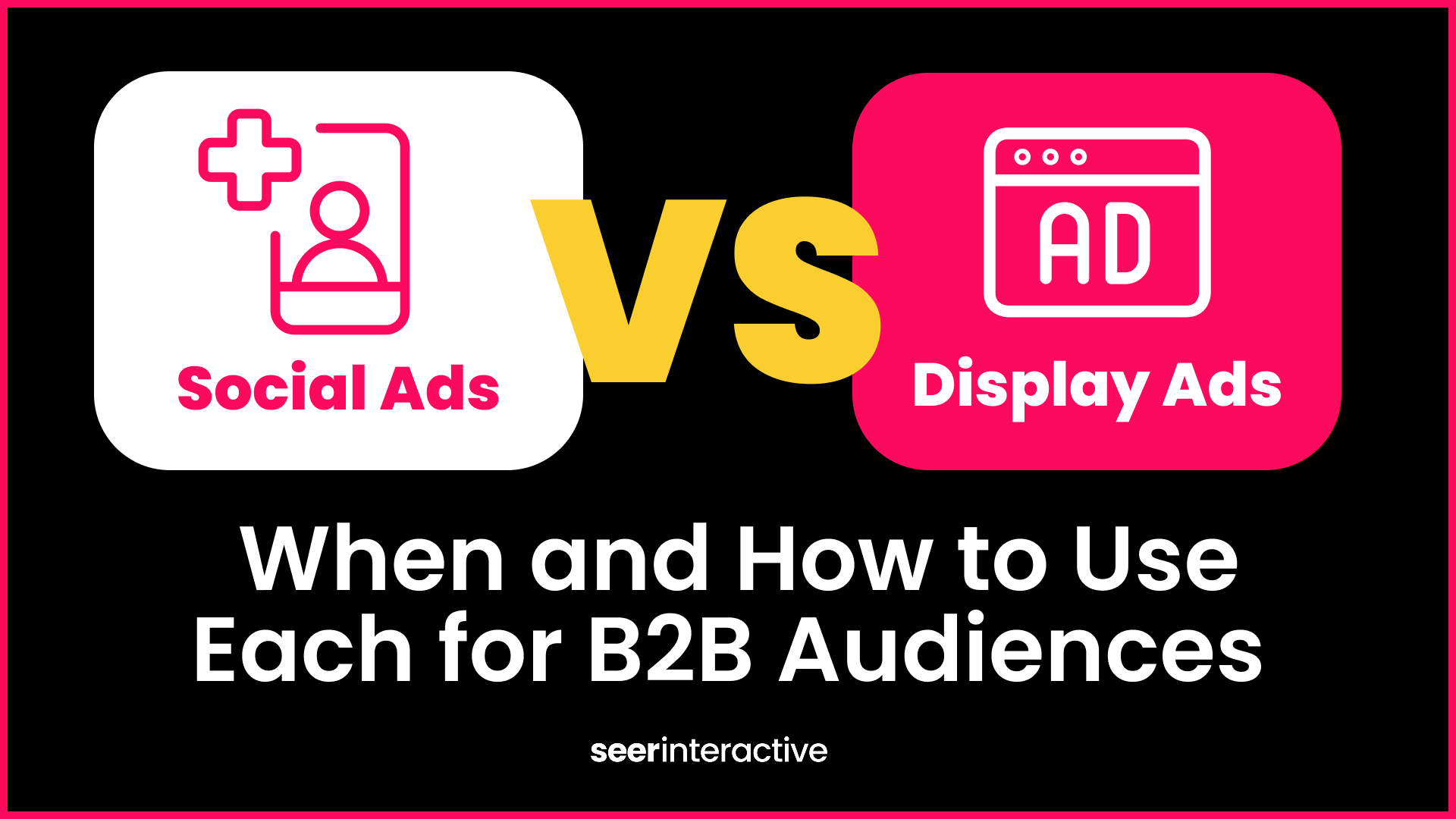YouTube is the second largest search engine in the USA, but many advertisers don't know too much about what the engine has to offer. If you’ve got the creative gene, it might be a good idea to look at the new advertising options YouTube is offering. Below is an overview of some advertising options on YouTube.
Masthead Advertising
The first option is also the most expensive. If you’ve got a client with a low budget, skip on ahead. If you’re ready to spend, keep on reading!
"The Masthead” is a 24 hour high impact placement on the homepage of YouTube with 100% share of voice (SOV). SOV refers to the ad revenue model that focuses on percentage of presence vs. that of other advertises in the space. In this case, it basically means you’ve got the page to yourself. Masthead gives you a large creative canvas that allows for interactive rich media and can conduct up to 17,000 hours of user engagement in one day. There are ancillary benefits to Masthead advertising, like a big increase in brand search volume during and shortly after.
The Downside: There’s no way to target specific users, so everyone that comes to homepage will see your ad. Also, you know that restaurant that you need to make reservations months in advance for? Masthead is that restaurant. Reservations required, the earlier the better.
TrueView In Search
Then there’s TrueView In-Search. True View In-Search is an auction based ad placement above and next to relevant video search results (see more here). The concept is very similar to how you would bid & be placed on Google or Bing. You pay only when people click on your ad and begin watching your video. You target users by keyword (including language and geography) and prices are auction or CPV (Cost per view) based.
The Downside: Targeting is not very precise in this particular option, though some of YouTube's other advertising options do allow for more precise targeting. The next advertising option exposes the real targeting features ahead.
TrueView in Display
TrueView In-Display is kind of like In-Search’s cooler, older brother. These videos appear on the YouTube watch pages (meaning, while a user is already watching a relevant video, a thumbnail link to your video will appear right along the side of that video). It works very similarly to the In-Search ads in that you don’t pay unless a person clicks on your ad, and the pricing structure is auction / CPV based.
TrueView In-Display lets you target users by keyword, category, placement, demographic, and by interest. Interest-based targeting targets a user based on their past video viewing behavior. TrueView Display ad packages include free Call-To-Action Overlays. Call-To-Action overlays are the small ads that you see pop up at the bottom of the video for a few seconds while you watch. While intrusive, they are overall perceived as less annoying by users and have a higher click through rate.
The Downside: Besides the intrusive call to action overlay- there’s no real stand out downside that I’ve noticed thus far.(No, this is not just a shameless TrueView in Display plug.) If you encounter any, feel free to comment / share !
TrueView In-Stream Ads
The In-Stream ad is the video ad that plays before or during a YouTube video. The video plays for five seconds, and then viewers can choose to skip the ad or continue watching. You are only charged when viewers watch 30 seconds or more of your ad. If your ad is less than 30 seconds long, you are charged when the video completes.
This option is engaging, highly visible, and cost effective. There is not a maximum length that the video must be (although YouTube does suggest keeping it less than two minutes), and you can create an optional companion banner to accompany the video (see screenshot above). In-Stream ads are placed on watch pages or the Google video network and the targeting options are the same as In-Display. Pricing is auction based for In-Stream ads.
The Downside: Even if users do make it past the 30 second mark, it does not mean they watched the video. At this point, people know what’s up with advertising on YouTube -they could click play and walk away for a few seconds; meaning you’ll still pay, and they won’t be watching. This is a less definitive conversion.
TrueView In-Slate
Our last True View format, In-Slate, is a lesser used but still a good option. With In-Slate, before the YouTube video plays, viewers choose either to watch an ad from one of three different advertisers, or to see regular commercials during the video. You only pay when the viewer chooses to watch your ad. There’s no maximum length, and targeting is category, placement, demographic, and interest based.
The Downside: More fierce competition. You best make sure that your title is the most engaging of the three.
In Video Ads
Onto the non-video YouTube bunch. We have the InVideo ads, which allows advertisers to reach viewers without video ads. Ads are shown to users as they watch YouTube videos and can click through to the website, brand channel, or video (basically a call to action overlay). This particular format is the ideal situation for advertisers who don’t have video assets, but want to engage users on YouTube. This option can be placed on the YouTube watch page and the Google display network. Targeting is keyword, category, placement, and interest based, and follows an auction/CPC or CPM pricing structure similar to an AdWords account.
Display Ads
Finally we wrap up at YouTube Display Ads. This is the most familiar out of the all the options, because if you’re on Display on Google / Bing, it’s essentially the same concept. You can extend the reach of your existing Display campaign by linking YouTube to AdWords to captivate YouTube’s audiences. The image ad can link directly to your website, and you’re able to use standard image, flash or rich media ads (no video required). Your ad will be placed on the YouTube Search/Watch pages, all targeting types are available, and pricing is auction, CPC, or CPM based.
In conclusion, with all of the advertising options available (Homepage, TrueView, In-Video, Display), YouTube has become a sought after search engine, tripling in traffic since 2011. With 800 million unique visits to YouTube each month, localized in 43 countries, checking out your options doesn't seem like a bad idea.









